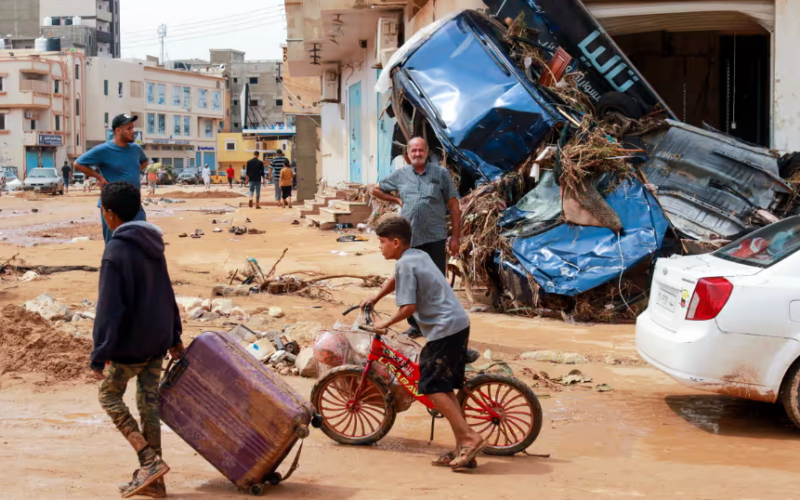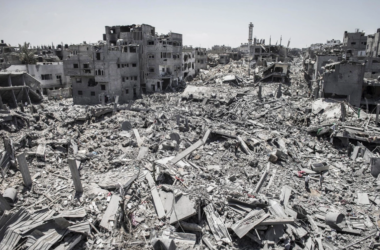An analysis of the 20 costliest climate disasters in 2023 underscores a “global postcode lottery stacked against the poor,” according to findings by the charity Christian Aid. The research reveals that the brunt of devastating wildfires and floods disproportionately impacts economically vulnerable communities, creating a stark contrast with wealthier nations that bear less financial burden despite contributing more significantly to the climate crisis.
Key Findings:
1.The analysis covers 20 natural disasters intensified by climate breakdown, affecting 14 countries over the past year.
- The highest per capita cost was incurred due to wildfires in Hawaii in August, exceeding $4,000 per person, significantly surpassing the second-costliest event, Guam’s storms in May, which amounted to nearly $1,500 per person.
- The disparity in costs underscores the global postcode lottery, with poorer nations facing larger economic burdens, exacerbated by weaker infrastructure and less resilient housing.
- Many affected regions heavily rely on agriculture, a sector vulnerable to extreme weather, and their governments are less likely to invest in prevention or reconstruction.
- The double injustice lies in the fact that the communities most severely impacted by global warming have contributed minimally to the climate crisis.
Patrick Watt, the chief executive of Christian Aid, emphasizes the urgent need for governments to take decisive action, both domestically and internationally. He stresses the importance of emissions reduction, climate adaptation measures, and resourcing the loss and damage fund to compensate the poorest countries for the consequences of a crisis not of their making. The concept of loss and damage involves payments from wealthier, more polluting countries to those disproportionately affected by climate breakdown.
As the climate crisis intensifies, addressing the inherent inequities in climate impacts becomes a critical aspect of global efforts. The call for climate justice, especially in the form of loss and damage compensation, gains prominence in climate negotiations, urging wealthier nations to take responsibility for the irreversible economic and non-economic losses faced by developing countries due to global heating. The findings underscore the imperative for a more equitable and inclusive approach to mitigate and adapt to the adverse effects of climate change.








